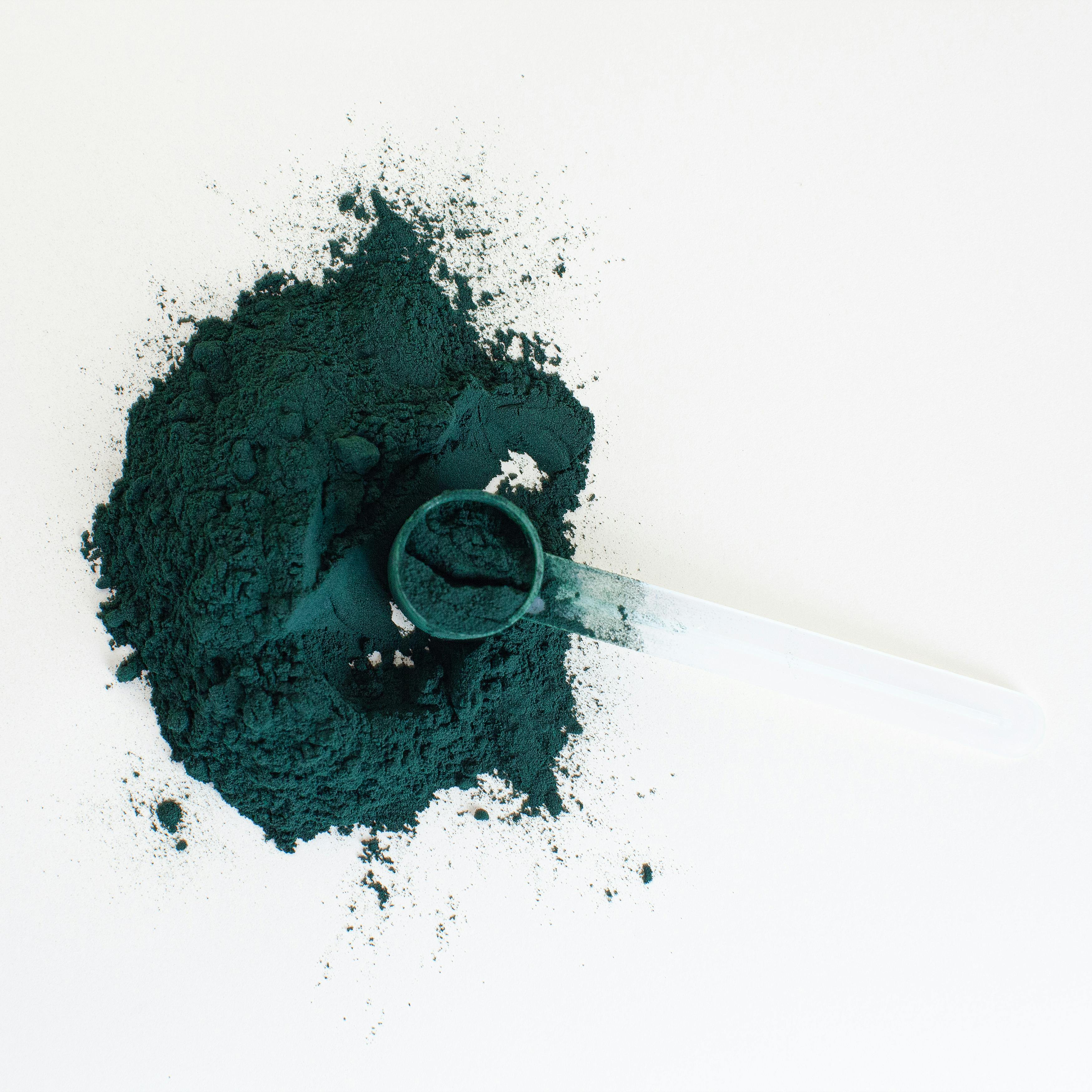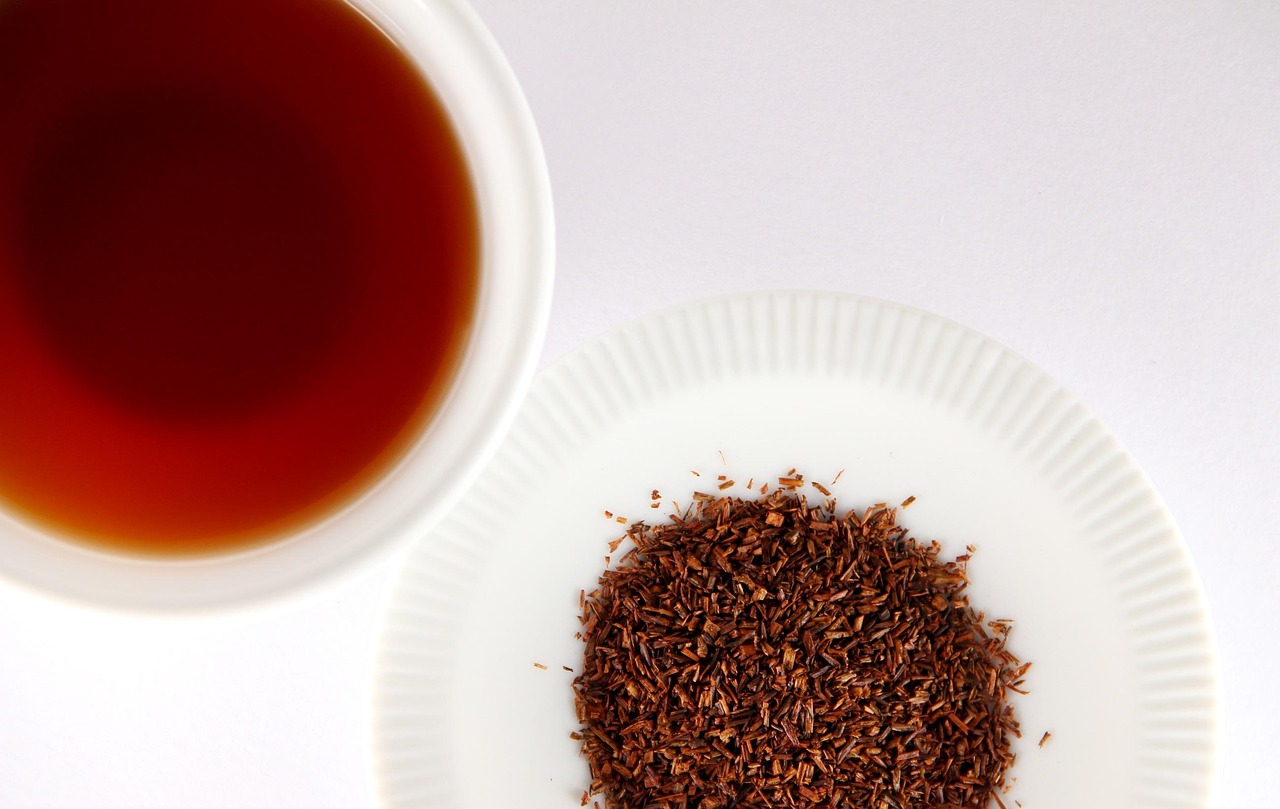Probiotics: The Hidden Heroes of our Gut Health
Dating back thousands of years, the beneficial effects of fermented foods, a rich source of probiotics, have been recognized and utilized. The term 'probiotic' itself, derived from Latin and Greek, means 'for life.' It was introduced in the 1960s by Lilly and Stillwell, who defined it as growth-promoting factors produced by microorganisms.

The historical appreciation of probiotics is evident in the traditional fermented dairy products consumed in many cultures. The Bulgarians were known for their significant consumption of fermented milk and their robust health. Similarly, the nomadic tribes in the Caucasians were noted for their longevity and heavy consumption of soured milk.
The Science Behind Probiotics
Probiotics are live bacteria and yeasts that are good for our health, especially our digestive system. While we usually think of bacteria as harmful ‘germs,’ our bodies harbor a vast number of microorganisms, particularly in our gut, that are beneficial. These friendly bacteria are essential for maintaining the balance of our gut flora, aiding digestion, supporting the immune system, and potentially even impacting our mood.
The most common types of probiotics are Lactobacillus and Bifidobacterium. Each has various strains, each offering different health benefits. For instance, Lactobacillus acidophilus, found in yogurt, can help with diarrhea and lactose intolerance. On the other hand, Bifidobacterium longum can aid in the breakdown of carbohydrates.
Current Trends and Reception of Probiotics
The 21st century has seen an increased interest in gut health and, consequently, probiotics. The global probiotics market size was valued at USD 48.38 billion in 2018 and is expected to grow at a compound annual growth rate (CAGR) of 6.7% from 2019 to 2025, according to a report by Grand View Research, Inc.
The positive reception of probiotics is due to their perceived health benefits and the growing awareness of the vital role the gut plays in overall health. Moreover, the rise of personalized nutrition and the understanding that each individual’s gut microbiota is unique have further spurred interest in probiotics.
The Role of Probiotics in Disease Management
Probiotics have shown potential in managing various health conditions. They can help manage symptoms of gastrointestinal disorders such as irritable bowel syndrome (IBS), inflammatory bowel disease (IBD), and antibiotic-associated diarrhea. Some studies suggest that they might also help with skin conditions like eczema, urinary and vaginal health, preventing allergies and colds, and even oral health.
However, it’s important to note that while research is promising, it’s still emerging. The effectiveness of probiotics can depend on various factors, including the type and strain of the probiotic, the individual’s unique gut microbiota, and the condition being targeted. Therefore, it’s advisable to consult with a healthcare professional before starting a probiotic regimen.
The Future of Probiotics
The future of probiotics looks promising, with ongoing research exploring their potential in areas not traditionally associated with gut health, such as mental health. The gut-brain axis, the bidirectional communication between the gut and the brain, is a burgeoning field of research. Preliminary studies suggest that probiotics might help with mental health disorders like depression and anxiety, marking the emergence of ‘psychobiotics.’
Furthermore, the development of next-generation probiotics, involving the use of non-traditional probiotic species, is an exciting area of research. These probiotics may offer more targeted and effective health benefits.
In conclusion, the humble probiotics, the hidden heroes of our gut, have come a long way. Recognized for their health benefits centuries ago, they continue to be appreciated in modern times. As we unlock more secrets of the gut microbiota and its impact on our health, the role of probiotics becomes increasingly significant. While more research is needed to fully understand their potential, the initial results are promising, making probiotics a fascinating area of nutrition and health research.




